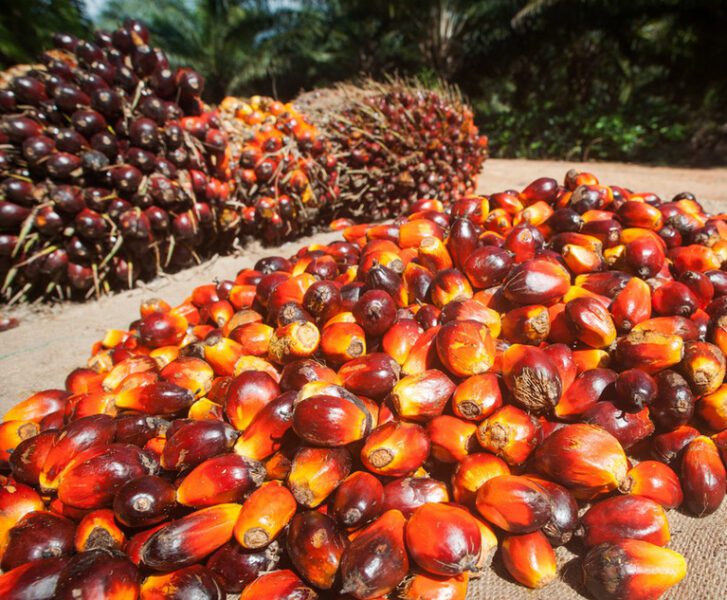A U.S. court has approved a settlement that ends a class action brought against the World Bank’s lending arm for financing a company that allegedly terrorized local families in Honduras to expand its palm oil operations.
EarthRights International, which brought the case alongside independent lawyers, argued that the International Finance Corporation should have known that its financing of Corporación Dinant was abetting murder and other serious abuses in the Bajo Aguán region of Honduras.
The IFC said that neither it nor any affiliate or related parties admit to any breach, wrongdoing, or liability.
The lender agreed to pay nearly $5 million to settle, including attorney fees and other costs, with the bulk of the award going into a fund to support healthcare, housing and other needs in the community.
Attorneys at Delaware firm Richards, Layton & Finger represented the IFC, with support from Sidley Austin white collar partner Marisa S. West and attorney Jeffrey T. Green.
“We are deeply saddened by the conflict that took place in the Aguán Valley in 2014 and the violence that affected campesino associations, security guards, police, military, staff of Dinant, journalists, and civilians,” the IFC said in a statement.
“The settlement, a large part of which will go towards benefiting the communities in the Bajo Aguán in Honduras, is a good way to resolve the outstanding legal matter to the satisfaction of all parties.”
The IFC’s internal monitor, the Office of the Compliance Advisor Ombudsman, noted in a 2013 report on the Dinant loans that at least 40 killings targeting the Bajo Aguán Valley campesino movement appear to have been linked to Dinant.
“IFC’s supervision of its investment in Dinant was and remains inadequate,” the office concluded.
The IFC is no longer invested in Dinant.
The IFC said it extended a $15 million loan to Dinant in 2009 so that the company could expand employment opportunities for some of the estimated 5,000 families that depend on the palm oil industry along the Atlantic coast of Honduras.
The area belongs to one of the most impoverished parts of the country and suffers from a chronic lack of economic opportunities, the IFC said.
Doe v. International Finance Corporation was argued before United States Magistrate Judge Sherry R. Fallon in the U.S. District Court for the District of Delaware.
The lawsuit follows EarthRights’ 2019 U.S. Supreme Court victory in Jam v. IFC, which held that World Bank Group entities are not entitled to absolute immunity in U.S. courts.
In the Jam case, fishing and farming families from Gujarat, India, sued the IFC for its role in funding the Tata Mundra coal-fired power plant. The community harmed by Tata Mundra is still waiting for the IFC to provide a remedy.
Source link : http://www.bing.com/news/apiclick.aspx?ref=FexRss&aid=&tid=6700e63a8b7a4092b729d5346d44f9f9&url=https%3A%2F%2Fwww.law.com%2Finternational-edition%2F2024%2F10%2F04%2Fifc-settles-with-victims-of-palm-oil-project-in-honduras%2F&c=7153717332334314115&mkt=en-us
Author :
Publish date : 2024-10-04 02:50:00
Copyright for syndicated content belongs to the linked Source.
